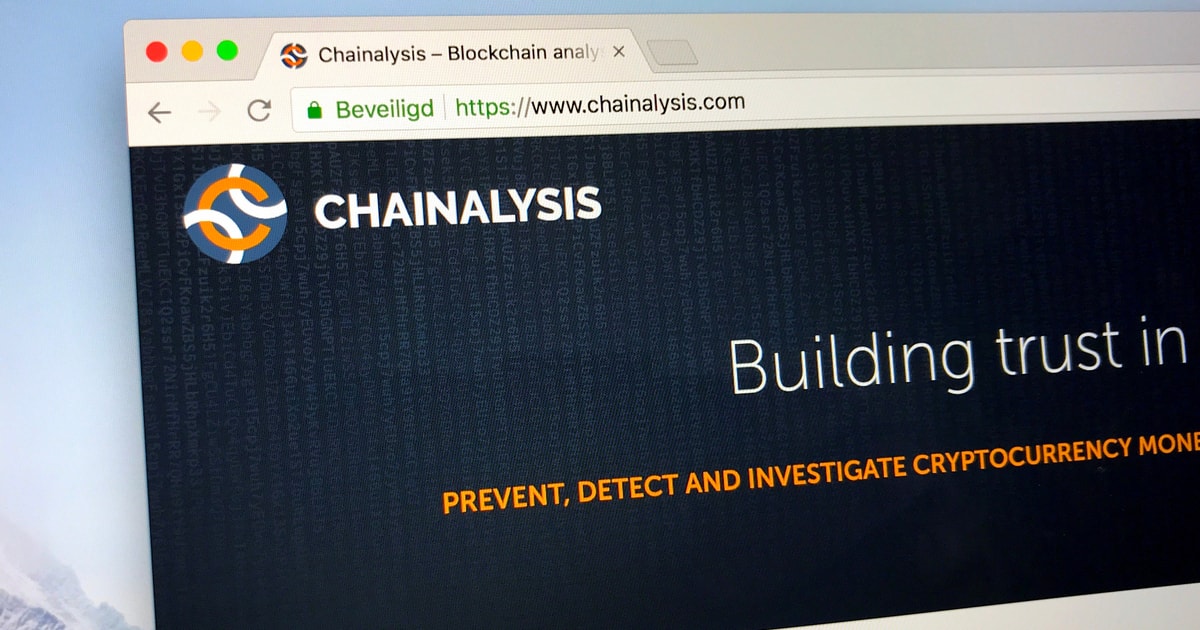Crypto's Role in Disinformation: Chainalysis Report Preview
Peter Zhang Jul 24, 2024 17:45
Chainalysis explores how malign actors use crypto to fund disinformation campaigns, examining the impact on global elections and the tools to trace such activities.

According to a recent report preview by Chainalysis, malign foreign state and non-state actors have increasingly turned to cryptocurrencies to fund disinformation campaigns aimed at sowing chaos, division, and confusion, especially around democratic elections. The report highlights various instances where cryptocurrency has been used to facilitate these activities, including the purchase of infrastructure and the funding of operations.
Crypto and the Disinformation Landscape
In recent years, systemic influence campaigns have been conducted by foreign actors to interfere with democratic institutions and processes. These activities are particularly impactful during election cycles, and with 2024 poised to be the largest global election year in history, the stakes are higher than ever.
Disinformation is not a new phenomenon, but the tactics have evolved. The 2019 Mueller Report exposed Russian interference in the 2016 U.S. presidential election, revealing that the technology used to hack key political entities was purchased with nearly $100K in Bitcoin (BTC). Similar campaigns were observed leading up to the 2020 election, and they continue to evolve.
Recently, the U.S. Department of Justice disrupted a covert Russian social media bot farm that used AI to create fictitious profiles promoting disinformation. Many of these profiles included crypto-related messages, and the domains used to set up the email accounts were purchased with Bitcoin.
OFAC Sanctions and Crypto
The U.S. Treasury Department’s Office of Foreign Assets Control (OFAC) has sanctioned numerous individuals and entities involved in these disinformation campaigns, often including crypto addresses in their designations. Some notable sanctions include:
- September 2020: Sanctions on Russian nationals supporting the Internet Research Agency (IRA), including several crypto addresses linked to the organization.
- April 2021: Sanctions on SouthFront, a disinformation website, with affiliated crypto addresses used for donations.
- September 2022: Sanctions on Task Force Rusich, a neo-Nazi paramilitary group involved in Ukraine, which solicited crypto donations for their activities.
- March 2024: Sanctions on Russian nationals Ilya Gambashidze and Nikolai Tupikin for their roles in foreign malign campaigns, including crypto addresses.
Global Efforts and Challenges
Disinformation is a global challenge requiring international coordination. The European Commission recently launched a campaign to raise awareness about the risks of disinformation, noting that 68% of European citizens frequently encounter misleading information. The sophistication of AI adds another layer of complexity, making it easier to generate high-quality deepfake videos.
Disinformation campaigns are not limited to the transatlantic community. Russian-language influence is prevalent in Latin America, while Chinese operations are prominent in the Asia-Pacific region. Understanding the technologies that enable these campaigns is crucial for analysts and policymakers worldwide.
The Role of Crypto Transaction Tracing
Cryptocurrency transaction tracing is a powerful tool for exposing and disrupting disinformation networks. Unlike fiat currency, crypto transactions are fully traceable on the blockchain, making it possible to connect transactions to specific groups and individuals. This transparency helps investigators uncover the actors behind these campaigns and their supporters.
Bret Schafer from the Alliance for Securing Democracy emphasizes the importance of understanding the nexus of malign finance and influence to disrupt disinformation campaigns. The organization provides tools and methodologies to aid in these investigations.
Resources for Analysts and Policymakers
Several organizations offer resources for understanding and investigating disinformation campaigns:
- Authoritarian Interference Tracker: Tracks Russian and Chinese efforts to undermine democracy.
- Hamilton 2.0 Dashboard: Analyzes narratives promoted by state-backed media on various platforms.
- The Information Laundromat: An open-source tool for uncovering content similarities among websites.
- Bellingcat: Investigators focused on open-source research and disinformation.
- DFRLab: Provides research on disinformation, online harms, and foreign interference.
- Graphika: Maps social media landscapes to detect critical narratives.
The Chainalysis report underscores the importance of ongoing monitoring and offers insights into the actors, tools, and technologies involved in disinformation campaigns. Public sector agencies can leverage crypto transaction tracing to disrupt these networks effectively.
For a comprehensive analysis, download the full report from Chainalysis.
Image source: Shutterstock.jpg)